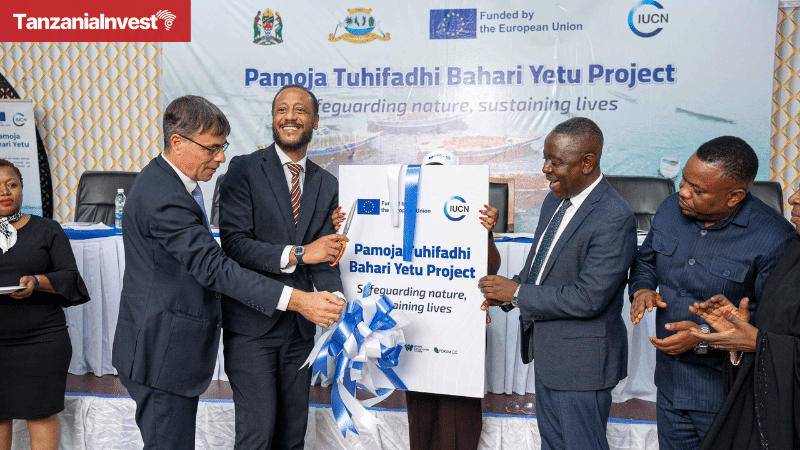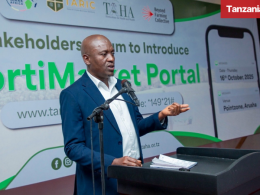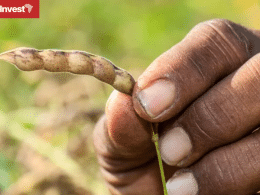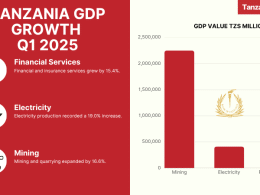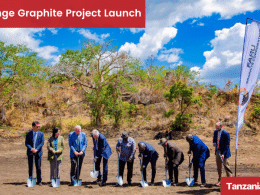On 20th April 2025, the European Union (EU) officially launched the €11M Pamoja marine conservation project in Zanzibar to support environmental protection and biodiversity conservation across Tanzania’s coastal and marine ecosystems, while supporting the development of a climate-resilient blue economy.
The project is funded under the EU’s Blue Economy for Job Creation and Climate Change Adaptation programme.
The initiative will be implemented in four mainland regions—Mtwara, Coastal, Lindi, and Dar es Salaam—and North and South Unguja in Zanzibar.
It targets to reach 500,000 people, create at least 360 blue and green entrepreneurs, support 15 plastic innovation ventures, and achieve a 10% increase in both investments in the circular economy and in marine and coastal areas under protection or sustainable management by 2028.
Speaking at the launch, Charles Oluchina, IUCN Country Representative in Tanzania, noted: “Despite the invaluable benefits the ocean provides to the planet, it is being faced by significant threats that, if not controlled,d will result in the loss of biodiversity and other values we receive from the ocean. IUCN envisages that this project’s interventions will contribute to the existing initiatives geared towards conserving Tanzania’s coastal and marine ecosystems.”
Marc Stalmans, Head of Development Cooperation at the Delegation of the European Union to Tanzania and the East African Community, explained: “We as the European Union in general are pledging 20 billion euros per year on conservation and biodiversity.”
He added that the initiative aligns with the EU Biodiversity Strategy 2030 and supports Tanzania’s Vision 2050 to become a middle-income country with sustainable biodiversity.
Zahor El Kharousy, representing Zanzibar’s Ministry of Blue Economy and Fisheries, stated: “Projects like Bahari Yetu align perfectly with our national agenda, and we commend this initiative for its community-driven, inclusive, and environmentally-sound approach.”
From mainland Tanzania, Dr. Semvua Mzighani of the Ministry of Livestock and Fisheries, representing the Vice President’s Office – Union and Environment Affairs, emphasized the project’s relevance to national policies: “We particularly appreciate the project’s focus on community-led approaches, capacity building, and ecosystem-based management. These are key principles that guide our work in fisheries development across both small-scale and industrial sectors.”
The launch event brought together key stakeholders, including project implementing partners WWF Tanzania, The Nature Conservancy (TNC), Wildlife Conservation Society (WCS), and ForumCC, alongside representatives from ZAFIRI, TAFIRI, and local government officials from the targeted regions.
The project will be implemented through collaboration with local governments, the private sector, and communities in the selected areas.
The International Union for Conservation of Nature (IUCN) is a global organization focused on nature conservation and the sustainable use of natural resources.
In Tanzania, IUCN aligns its work with national development strategies to address biodiversity loss, land degradation, and climate change through initiatives that promote resilience and sustainable livelihoods.
The EU’s Blue Economy for Job Creation programme is a Team Europe initiative involving several EU member states and development agencies.
It supports infrastructure and innovation for sustainable coastal and marine economic sectors, while promoting climate resilience, circular economy practices, and green finance.





